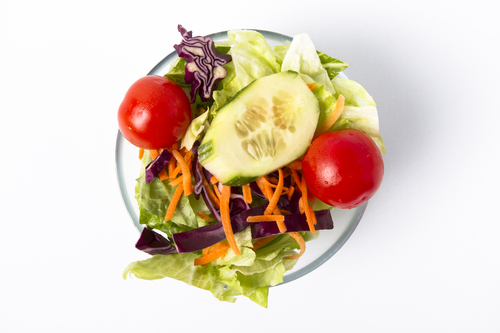The choice of eating a vegan diet is a personal decision. Whatever your reason, you have to educate yourself to make sure you are following a healthy diet.
What is a Vegan Diet?
A vegan diet is one that includes fruits, vegetables, grains, seeds, nuts and pulses. In this diet, all animal products are excluded including meat, poultry, fish, eggs, and dairy products. When you choose to exclude animal products, you may have a more difficult time getting enough protein, omega-3 fatty acids, iron, calcium, zinc, and vitamins such as vitamin D and vitamin B12. While this is challenging, it is not impossible. In fact, a person who chooses to go vegan can have a very healthy diet as long as he or she is mindful of his or her dietary choices.
What Nutrients Do I Need to be Mindful Of When Following a Vegan Diet?
Protein
Getting adequate protein is a big concern for many who are following a vegan diet. Sources of prote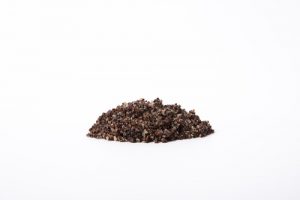 in may include:
in may include:
- Soy and soy product (e.g. tofu, soybeans, textured vegetable protein or TVP, veggie soy burgers, and fortified soy beverage)
- Pulses (e.g. beans, peas, and lentils)
- Grains (e.g. quinoa, bulgur, oatmeal, and brown rice)
- Nuts and nut butters (e.g. peanut, almond, cashew, hazelnut) and seeds (e.g. sesame, sunflower)
Iron
A common worry for vegans is inadequate iron intake. In fact, the iron in plant-based foods is not absorbed very well, which makes it a challenge for vegans. Therefore, it is especially important that vegans choose iron-rich foods and eat almost twice the amount of iron that a non-vegan individual consumes. Good sources of iron include:
- All protein sources indicated above (i.e. soy, pulses, grains, nuts and seeds)
- Dried apricots and prune juice
- Green vegetables (e.g. spinach, kale and potatoes with skin)
To increase th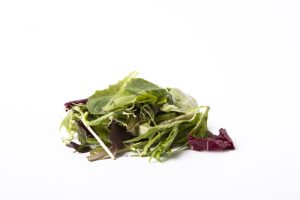 e absorbance of iron, it is suggested that you eat iron-rich foods together with vitamin C rich foods (e.g. citrus fruits, kiwi, mango, cantaloupe, strawberry, sweet pepper, potato, broccoli and green leafy vegetables). For example, try adding Mandarin oranges or strawberries to your salad, or add fresh lemon juice to pulses and grains when possible!
e absorbance of iron, it is suggested that you eat iron-rich foods together with vitamin C rich foods (e.g. citrus fruits, kiwi, mango, cantaloupe, strawberry, sweet pepper, potato, broccoli and green leafy vegetables). For example, try adding Mandarin oranges or strawberries to your salad, or add fresh lemon juice to pulses and grains when possible!
Vitamin B12
Since animal sources are a good source of vitamin B12, eliminating them from the diet puts one at risk for vitamin B12 deficiency. Low vitamin B12 levels cause anemia and low energy levels. Therefore, special care is required to get adequate vitamin B12 in a vegan diet. Sources of vitamin B12 include:
- Fortified beverage including soy, rice and almond beverage
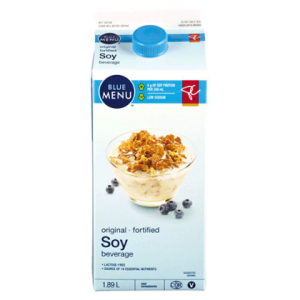
- Fortified meat alternatives such as textured vegetable protein or TVP, and meatless fish, chicken and meat products
Note that vitamin B12 supplements may be recommended if you are unable to meet these requirements through food.
Vitamin D
Vitamin D deficiency is not only a concern for vegans, but also rather an issue that affects many. While recent research suggests that there may be a lot more benefits to vitamin D, it is best known for its role in maintaining bone health. Good vegan sources of vitamin D include:
- Fortified beverage including soy, rice and almond beverage

- Non-hydrogenated margarine
- Vitamin-D fortified orange juice
- Sunlight! (Make sure you don’t over-expose yourself to sunlight as it puts you at risk for skin cancer)
If you are low in vitamin D, you may benefit from supplementation; if you are recommended to do so, you may a daily dose of 400 IU/day, but do not exceed 100 IU unless recommended by a physician. Adults over the age of 50 are strongly recommended to take daily vitamin D supplementation.
Omega-3 Fats
Considering that one of the best sources of omega-3 fats is fatty fish, those on a vegan diet may be challenged with getting an adequate amount of this nutrient. Omega-3 fats are known to impose many health benefits, namely for the heart and the nervous system. Vegan sources of omega-3 fats include:
- Oils (e.g. flaxseed, walnut, soybean and canola)
- Ground flaxseed
- Soybeans and tofu
- Walnuts
Zinc
Zinc helps boost the immune system and heal wounds. It is also needed for growth and development. Luckily, food sources of protein generally contain zinc too! Here is a list of foods that are good sources of zinc:
- Soy and soy product (e.g. tofu, soybeans, tempeh)
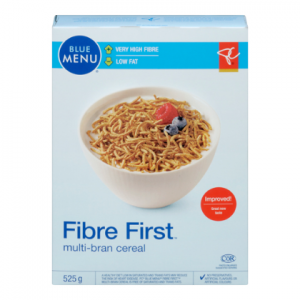
- Dried pulses (e.g. beans, peas and lentils)
- Certain nuts and nut butters including peanuts, cashews and pecans
- Certain seeds including pumpkin seeds and sesame seed butter (i.e. tahini)
- Whole-grain products
- Fortified cereals
Note that pregnant and breastfeeding women should be extra careful to get enough of all the nutrients above. It is recommended that you see a doctor or a dietitian to ensure that you are following a healthy diet.
For vegan and vegetarian recipes visit:
http://vegweb.com/recipes
References:
Dietitians of Canada. Healthy Eating Guidelines for Vegans [PEN]. 2014 October 16.
